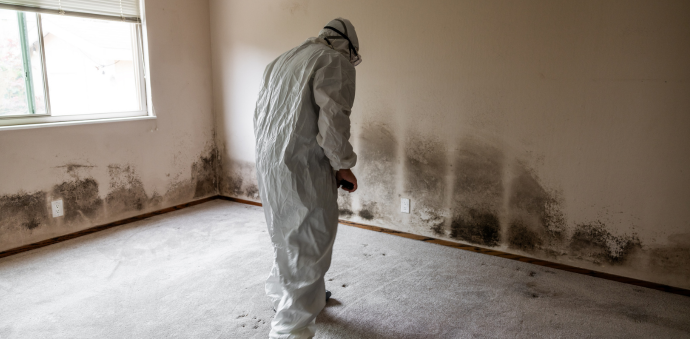
Feeling unsafe or uncomfortable in your rental home raises important questions about your rights and whether your housing is legally considered uninhabitable. Knowing what qualifies as uninhabitable housing in North Carolina empowers you to take action if your landlord fails to maintain a safe and livable property.
This post explains the conditions that make a rental uninhabitable under North Carolina law, what protections you have as a tenant, and the steps to protect your health and housing rights.
In North Carolina, landlords are legally required to provide rental units that are safe, functional, and comply with minimum health and safety standards. This obligation called the implied warranty of habitability means your rental should be livable throughout your tenancy.
A rental is considered uninhabitable if it contains serious defects or hazards that jeopardize your health or safety, violate building codes, or make normal living impossible.
Infestations of pests such as rats, roaches, or bed bugs that are severe and untreated can make a property unsafe and unsanitary.
Your home must have running hot and cold water, electricity, and adequate heating capable of maintaining at least 68 degrees Fahrenheit during cold months. Failure to provide these essential utilities typically renders a unit uninhabitable.
Structural hazards include:
Severe damage that threatens building stability or occupant safety violates habitability standards.
This includes:
Such conditions pose serious health risks and may make a home unlivable.
Defects or conditions that increase risks of fire, accidents, or emergencies like inadequate fire exits, malfunctioning smoke detectors, or electrical hazards are violations of housing codes.
Local building or housing codes may also define additional criteria for uninhabitable housing, such as improper load support in floors or roofs, damaged load-bearing walls, or dilapidated and decayed conditions.
In North Carolina, a public officer or housing inspector may inspect and officially declare a property unfit for human habitation based on these conditions. This may lead to repair orders, fines, or even condemnation of the property until it is made safe.
Local governments can also enact ordinances for the repair, closure, or demolition of buildings deemed unsafe. For specific local code enforcement, you can check your city's official website, such as Raleigh's Housing and Neighborhoods department.
Living in uninhabitable housing harms your well-being and violates your rights as a tenant. If you’re experiencing dangerous or unhealthy conditions in your rental, don’t wait.
Contact us today for a free consultation. We’ll help you assess whether your rental is legally uninhabitable, guide you on how to notify your landlord, report to authorities, and enforce your rights to safe, livable housing.
Take action now protect yourself and your family from unsafe living conditions.